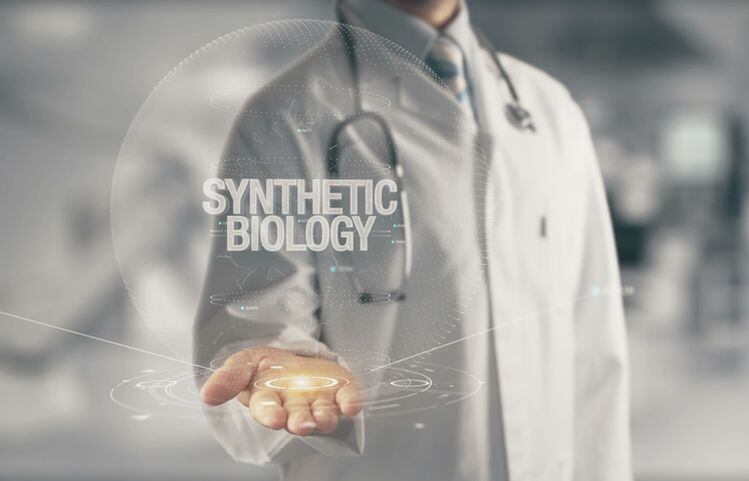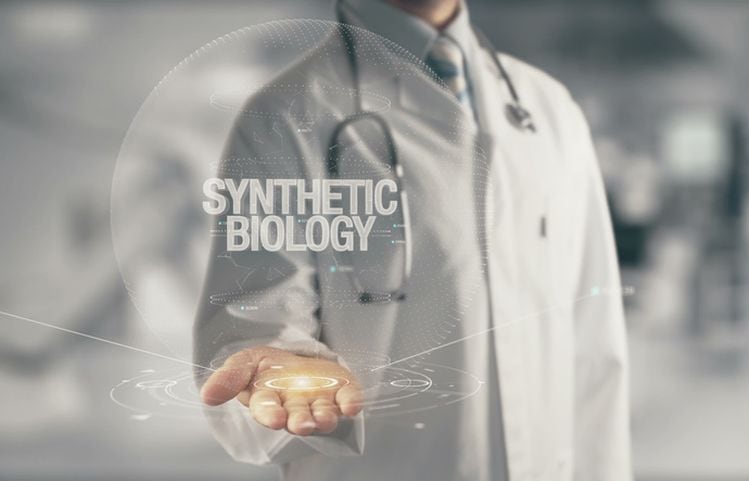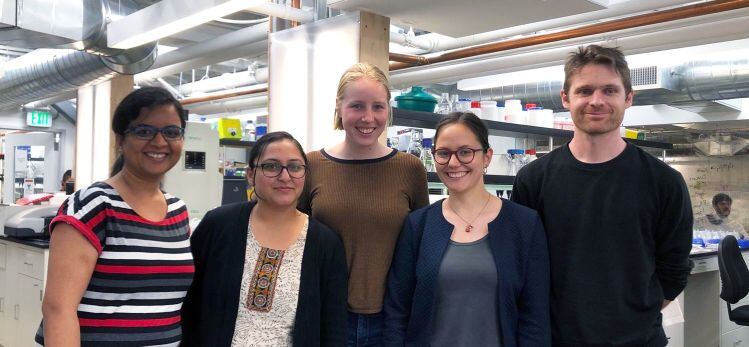Powered by Gingko Bioworks' bio-engineering platform, Boston-based Motif Foodworks effectively reads the DNA of key animal and plant proteins, writes it [prints DNA sequences], and places it in an appropriate micro-organism that expresses the target protein in a fermentation tank.
Backed by $117.5m in funding, Motif is developing production methods for dozens of proteins derived from dairy, egg, and meat, but is not saying at this stage which ones it will commercialize first, chief commercial officer Michele Fite told FoodNavigator-USA at the Good Food Institute’s Good Food Conference in San Francisco last week.
“We’ll be doing applications testing on our first three products in the fall, which should be available for customers to sample in early 2020, and ready for launch in early 2021. We also have five other ones in the pipeline after that.”
Fite, who has held leadership roles at Kerry, DuPont, Solae and Nestlé, said Motif’s first products will be animal proteins that are already well understood from a nutritional, functional, and regulatory perspective, such that putting together GRAS determinations should not be problematic.
“These are known proteins, so we don’t see the regulatory pathway as an issue for us.”
Standing out in the world of synthetic biology
Asked how Motif’s capabilities compared with those of startups such as Clara Foods (egg proteins) and Perfect Day (dairy proteins), which are also using synthetic biology to ‘instruct’ microbes to produce animal proteins, Fite said:
“First, we have a biotech engine unlike anyone else due to our exclusive partnership with Gingko Bioworks, which gives us a substantial advantage. It takes other companies a massive amount of investment to find one single microbe whereas Gingko has access to a vast database of proteins, carbs and fats that we can synthesize the DNA of [and then place in an organism to express the protein/ingredient in question], and then their engineering capabilities [to identity appropriate micro-organisms to produce those proteins efficiently] are faster, cheaper, and more targeted and precise.
“Second, we’ve built a company with food scientists and food experts with vast experience in food applications.
“And finally, our speed and knowledge on regulatory is very different to those other companies as well, which is why so many food companies want to work with us.”
‘We need to come together as an industry and align on our messaging’
So how do you talk to consumers about printing out DNA sequences that instruct yeast or bacteria to express proteins identical to those in eggs or milk in fermentation tanks?
“Our work includes consumer acceptability research and that will include discussions over labeling,” said Fite. “It’s very early with consumers and they have not formed a homogeneous opinion on this technology so we need to come together as an industry and align on our messaging so we serve the technology and our nascent industry well, and don’t undermine efforts.
“We know that consumers are receptive to science and technology because their values in this space [finding greener, cleaner, kinder, alternatives to animal protein production] are so strong, but we can’t be naïve about this. We need to sharpen our messaging with consumers as our partners in that messaging.”
The GMO factor: ‘Our goal is to be completely transparent about the production process’
Asked about the ‘GMO factor,’ she noted that the genetically engineered microbes serve as mini protein factories that secrete proteins, but are not in the final product.
“Our final products will be Non-GMO, but our goal is to be completely transparent about the production process, which does involve genetic engineering, and we have work to do as to how to communicate that on our website and in other materials that consumers will have access to.
“Our hope is that we can come together as an industry so we bring consumers with us and align on messaging. We want to be clear on the process and the end product and clearly communicate the value of what we’re doing.”

What is synthetic biology? Gingko Bioworks (strapline: biology by design) co-founder Jason Kelly likens synthetic biology to computer programming, only with genetic sequences. DNA is effectively serving as a computer code (which can be now be printed surprisingly cheaply) that can be inserted into microorganisms such as yeast and bacteria so they express proteins, sweeteners, flavors, cannabinoids such as CBD, or basically whatever you have ‘coded’ or ‘instructed’ them to produce.




